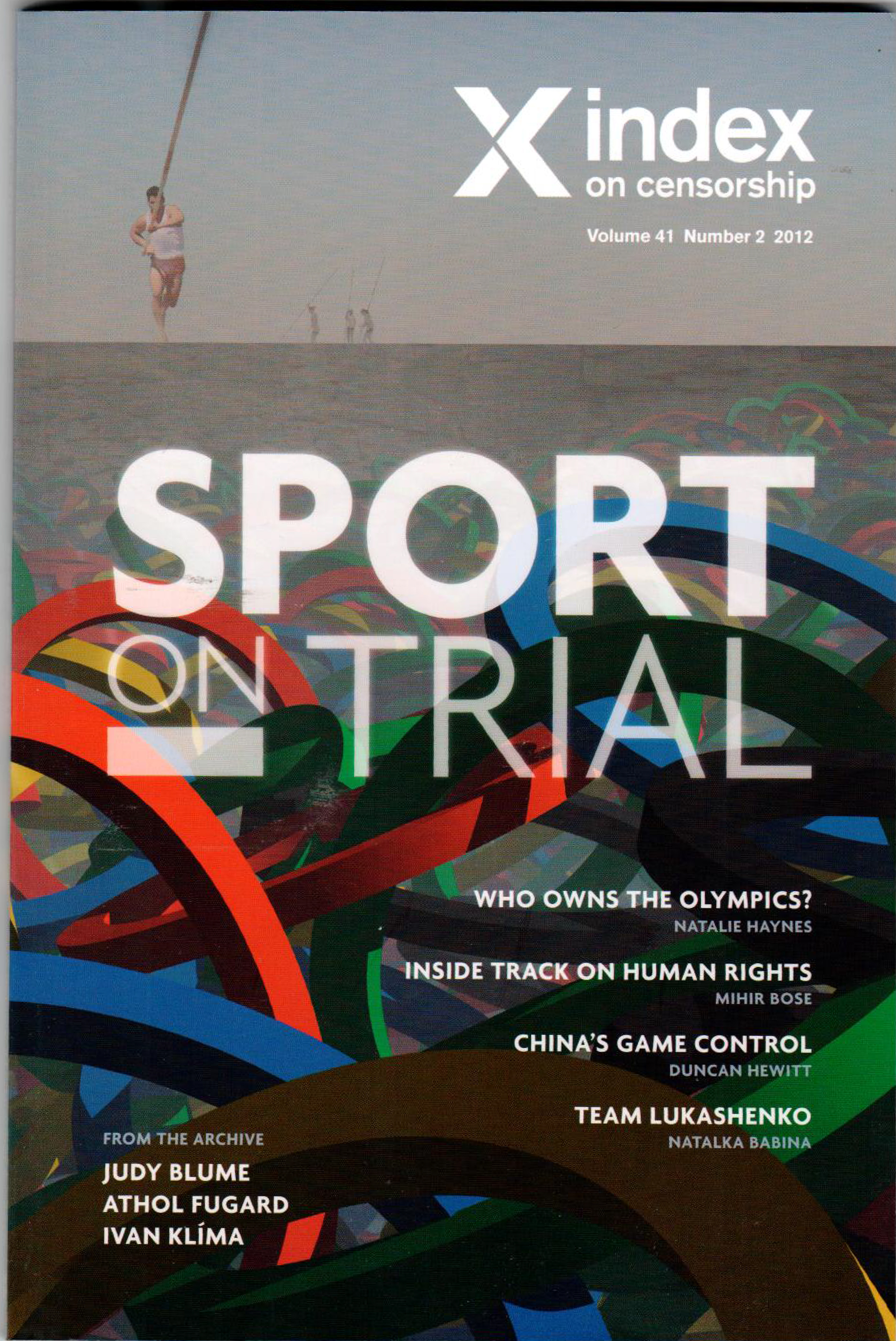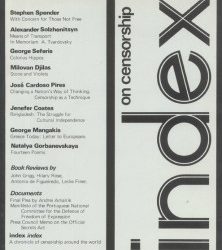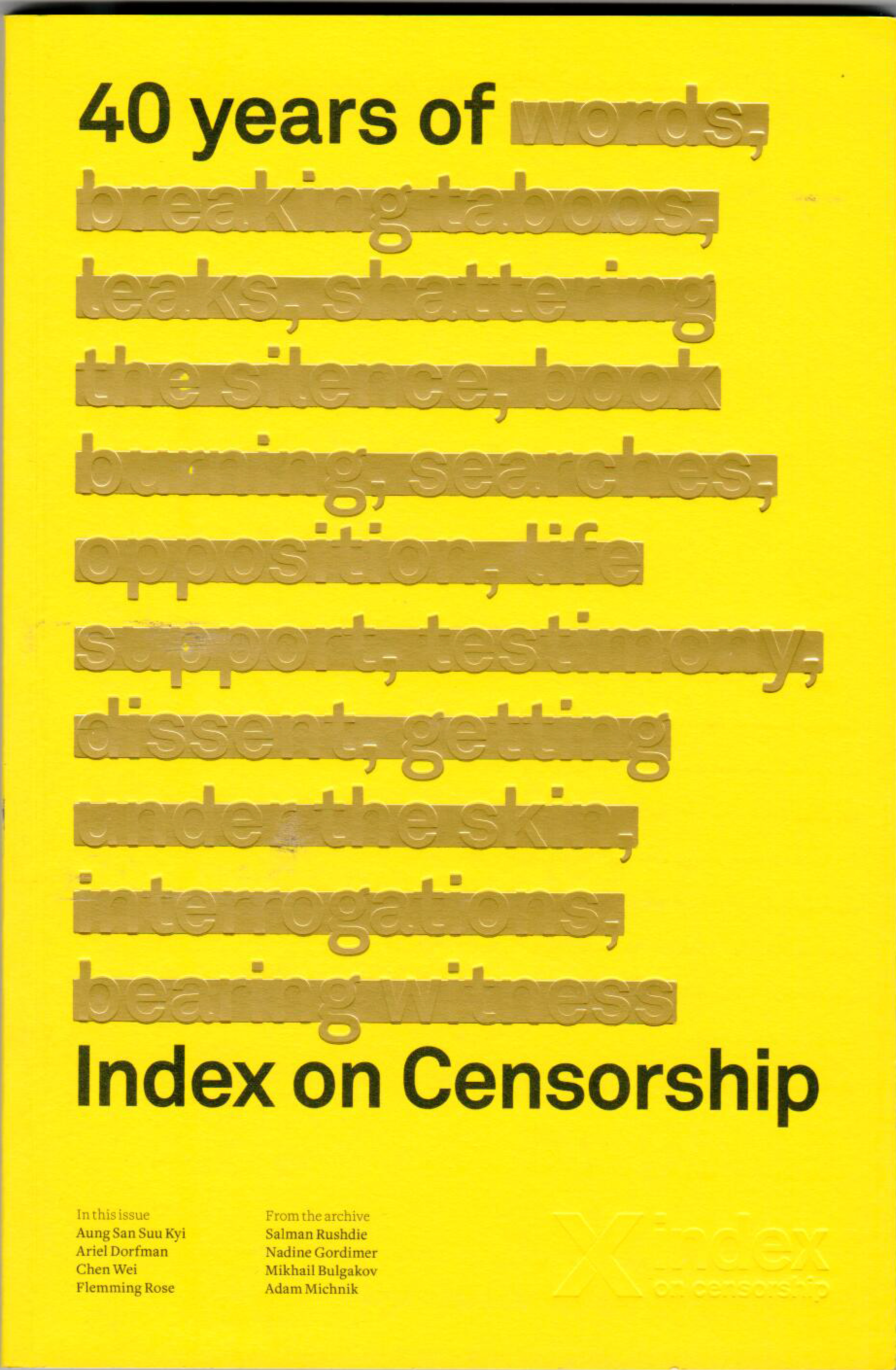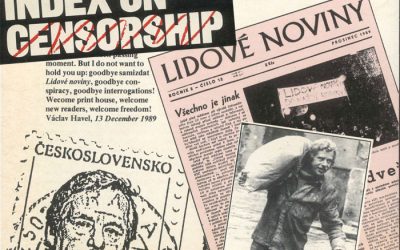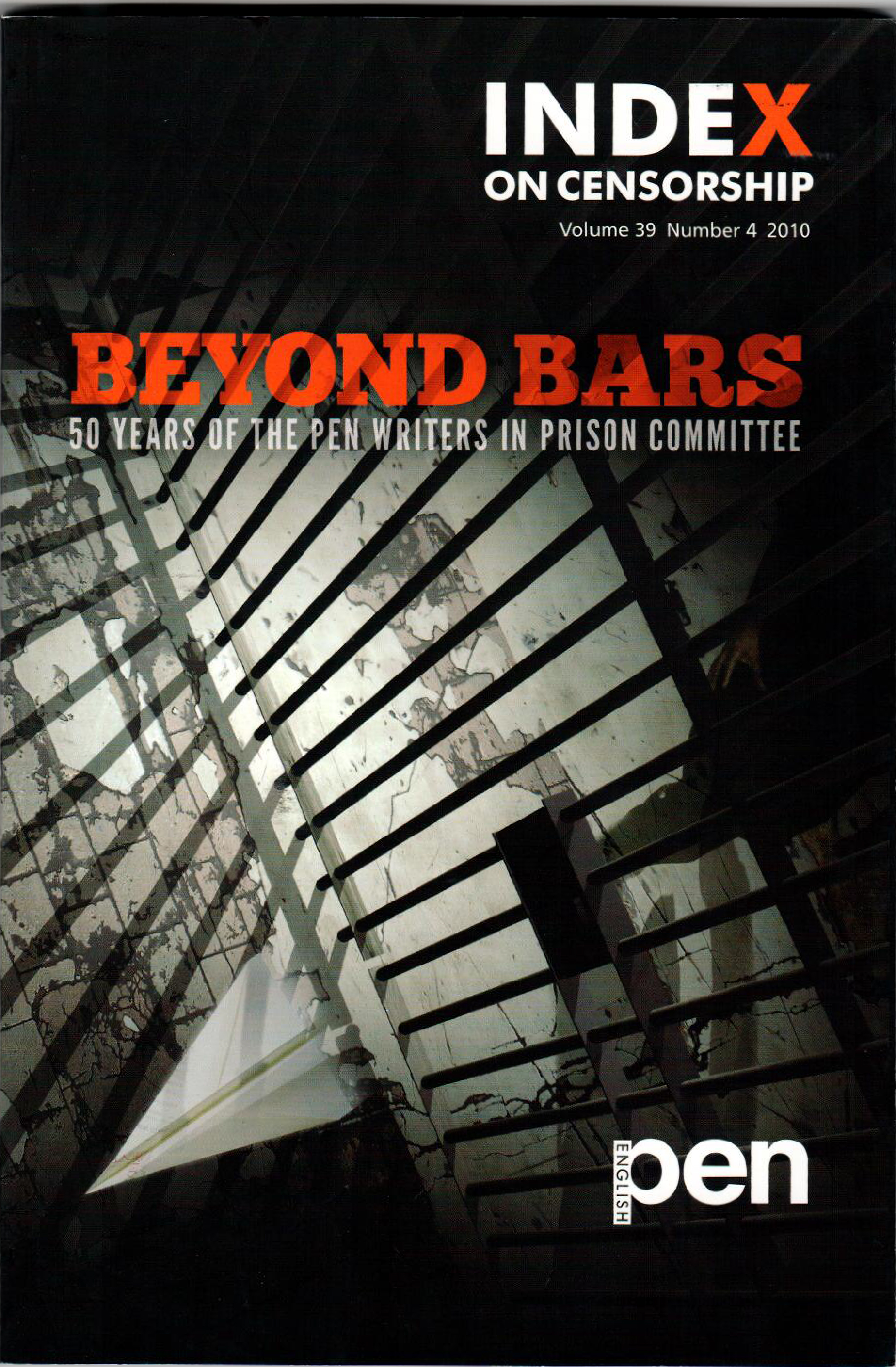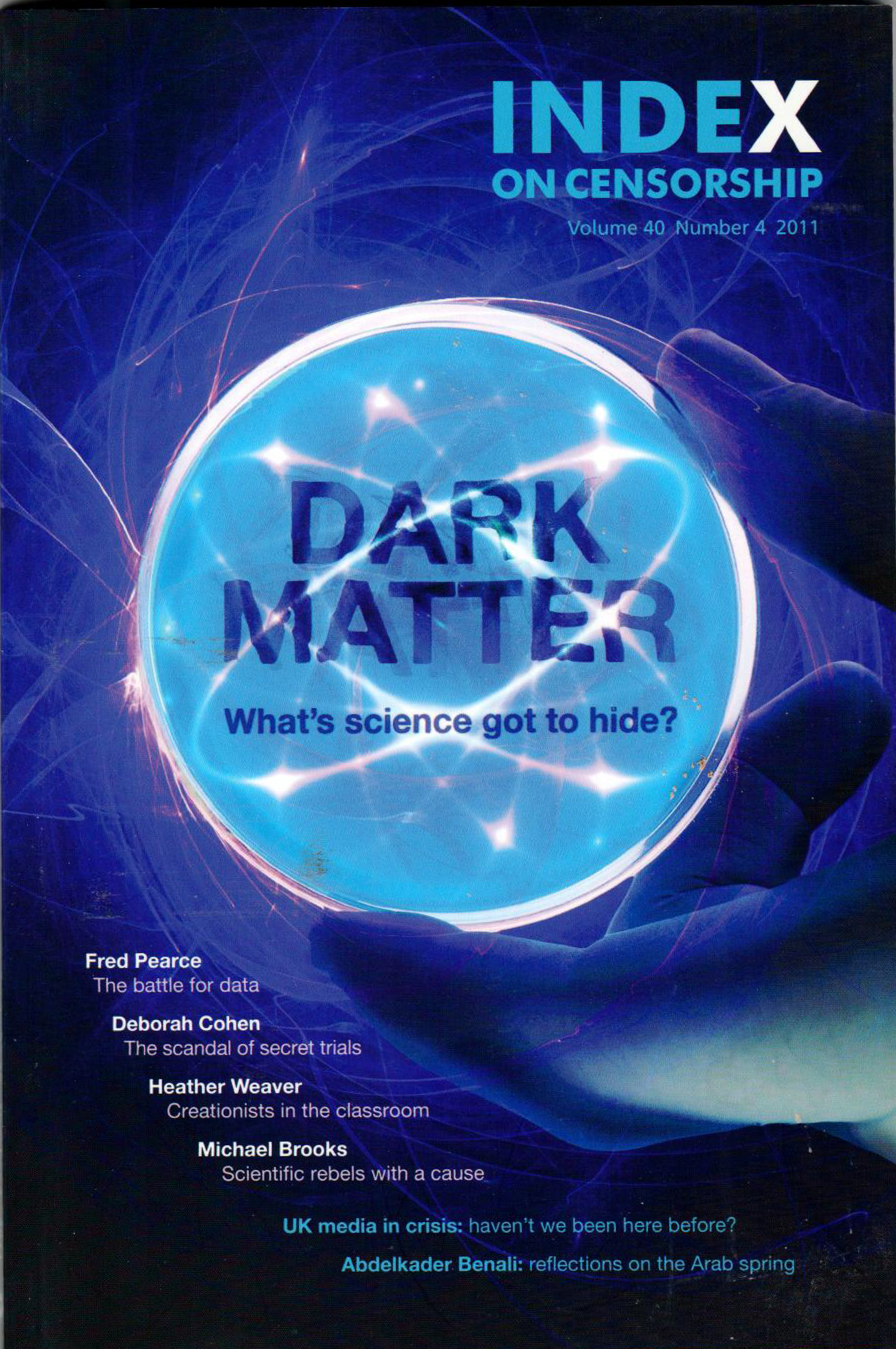Gore Vidal, who died this week, was often scathing in his attacks on US foreign policy. In April 2002, Index on Censorship magazine was the first English-language publication to feature this essay, written after 9/11
CATEGORY: Magazine
Creative dissent in Syria
The Syrian regime has gone to great lengths to silence the satirical commentary of Ali Ferzat
Sport v human rights
Mihir Bose asks whether human rights should be a criterion for hosting coveted international sporting events
Sport on trial
Index on Censorship visits the ethical pit stops to ask whether sporting events can be good for democracy.
Grit in the engine
Robert McCrum considers Index’s role in the history of the fight for free speech, from the oppression of the Cold War to censorship online
40 years of Index on Censorship
Our special report looks back on Index’s role in the history of the fight for free speech, from the oppression of the Cold War to censorship online.
Standing in the queue
To celebrate Index’s 40th birthday, our archive is open to the public for 40 days from 26 March. It’s a unique literary heritage, a roll-call of the greatest authors in the 20th century canon standing up for free expression.
In 1994, South African writer, activist and Nobel Prize winner Nadine Gordimer witnessed the end of apartheid in South Africa
Václav Havel archive: Mistake
This piece by Vaclav Havel was published in Index on Censorship in 1984 after he was released from prison in March 1983, having served almost four...
Havel archive: Why go to jail?: Ludvik Vaculik & Václav Havel
How are ordinary, decent people to react to the imposition of a repressive regime, how much should they risk in showing their opposition to it?...
Vaclav Havel: “We became dissidents without actually knowing how”
In 1979, Vaclav Havel wrote to fellow Czech dissident Ludvik Vaculik, responding to his comments about the role of ordinary people in combatting authoritarianism. Havel was arrested shortly after it was published in Index on Censorship
From the archives, 50 years, 50 writers: Djamshid Karimov
One of the writers championed by Index on Censorship and English PEN to mark 50 years of the Writers in Prison Committee, Uzbek journalist Djamshid...
Dark matter: Is transparency bad for science?
As leading scientists question the use and abuse of freedom of information, Index looks at the data wars and the limits of scientific debate.
A quarterly journal set up in 1972, Index on Censorship magazine has published oppressed writers and refused to be silenced across hundreds of issues.
The brainchild of the poet Stephen Spender, and translator Michael Scammell, the magazine’s very first issue included a never-before-published poem, written while serving a sentence in a labour camp, by the Soviet dissident Aleksandr Solzhenitsyn, who went on to win a Nobel prize later that year.
The magazine continued to be a thorn in the side of Soviet censors, but its scope was far wider. From the beginning, Index declared its mission to stand up for free expression as a fundamental human right for people everywhere – it was particularly vocal in its coverage of the oppressive military regimes of southern Europe and Latin America but was also clear that freedom of expression was not only a problem in faraway dictatorships. The winter 1979 issue, for example, reported on a controversy in the United States in which the Public Broadcasting Service had heavily edited a documentary about racism in Britain and then gone to court attempting to prevent screenings of the original version. Learn more.



